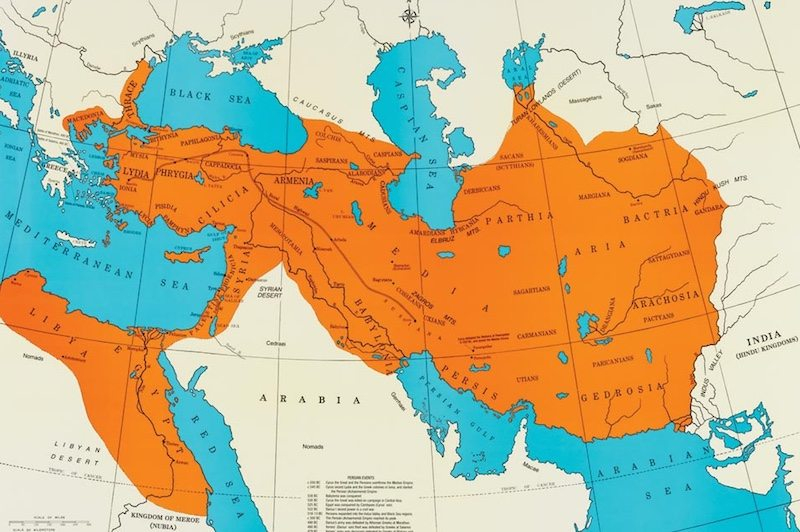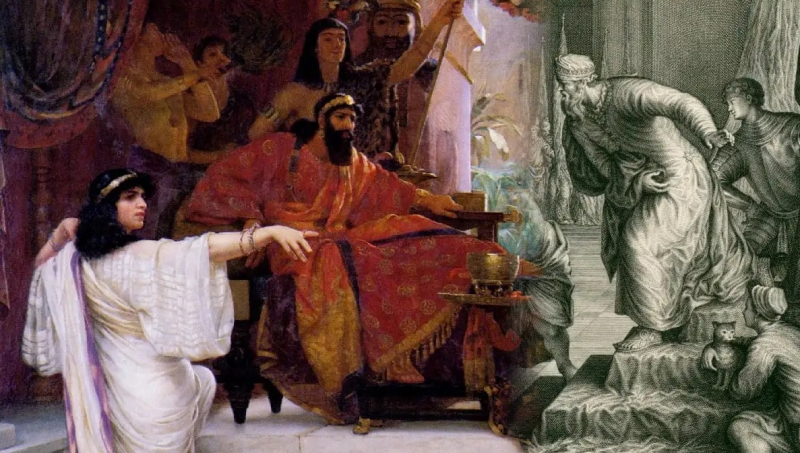The Persian Empire was the largest in ancient times
The Achaemenid Empire, also known as the First Persian Empire, was an ancient Iranian empire located in Western Asia that was founded in 550 BC by Cyrus the Great. Its greatest extent was during Xerxes I, who conquered the majority of northern and central ancient Greece. The Achaemenid Empire spanned from the Balkans and Eastern Europe in the west to the Indus Valley in the east at its peak. The Persian Empire was the largest in ancient times. The empire was greater than any other in history, spanning 5.5 million square kilometers (2.1 million square miles).
Nomadic Persians established the Achaemenid Empire. The Persians were an Iranian people who came to what is now Iran around 1000 BC and settled with the local Elamites in a territory that included northwestern Iran, the Zagros Mountains, and Persis. In the western Iranian Plateau, the Persians were initially nomadic pastoralists. The Achaemenid Empire was not the first Iranian empire; the Medes, another group of Iranian peoples, may have founded a short-lived empire when they played a crucial role in the Assyrians' defeat. Cyrus ascended from this region and defeated the Median Empire, of which he had previously been king, as well as Lydia and the Neo-Babylonian Empire, before formally establishing the Achaemenid Empire.
The Achaemenid Empire is known for imposing a successful model of centralized, bureaucratic administration through the use of satraps; its multicultural policy; the construction of infrastructures such as roads and a postal system; the use of an official language across its territories; and the development of civil services, including the possession of a large, professional army. The empire's prosperity influenced the use of similar systems in subsequent civilizations.
Xerxes I, Old Persian Khshayarsha, byname Xerxes the Great, Persian king (486-465 BCE), the son and successor of Darius I (born c. 519 BCE-died 465, Persepolis, Iran). He is primarily remembered for his major invasion of Greece from across the Hellespont (480 BCE), which included the battles of Thermopylae, Salamis, and Plataea. His ultimate defeat signaled the beginning of the Achaemenian Empire's downfall.












